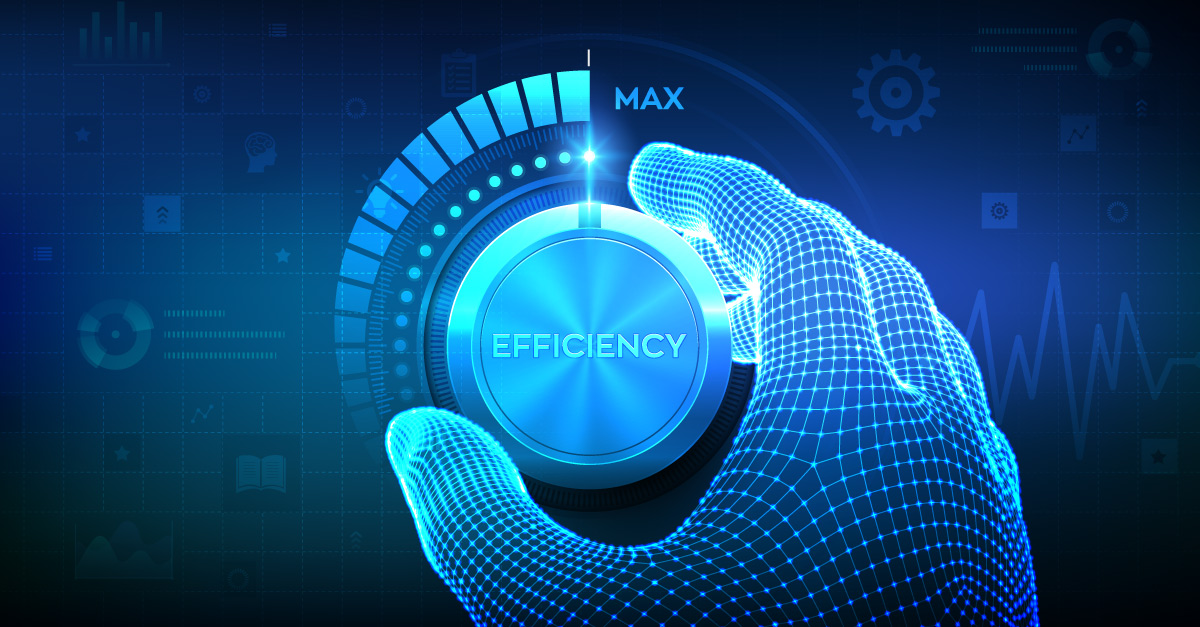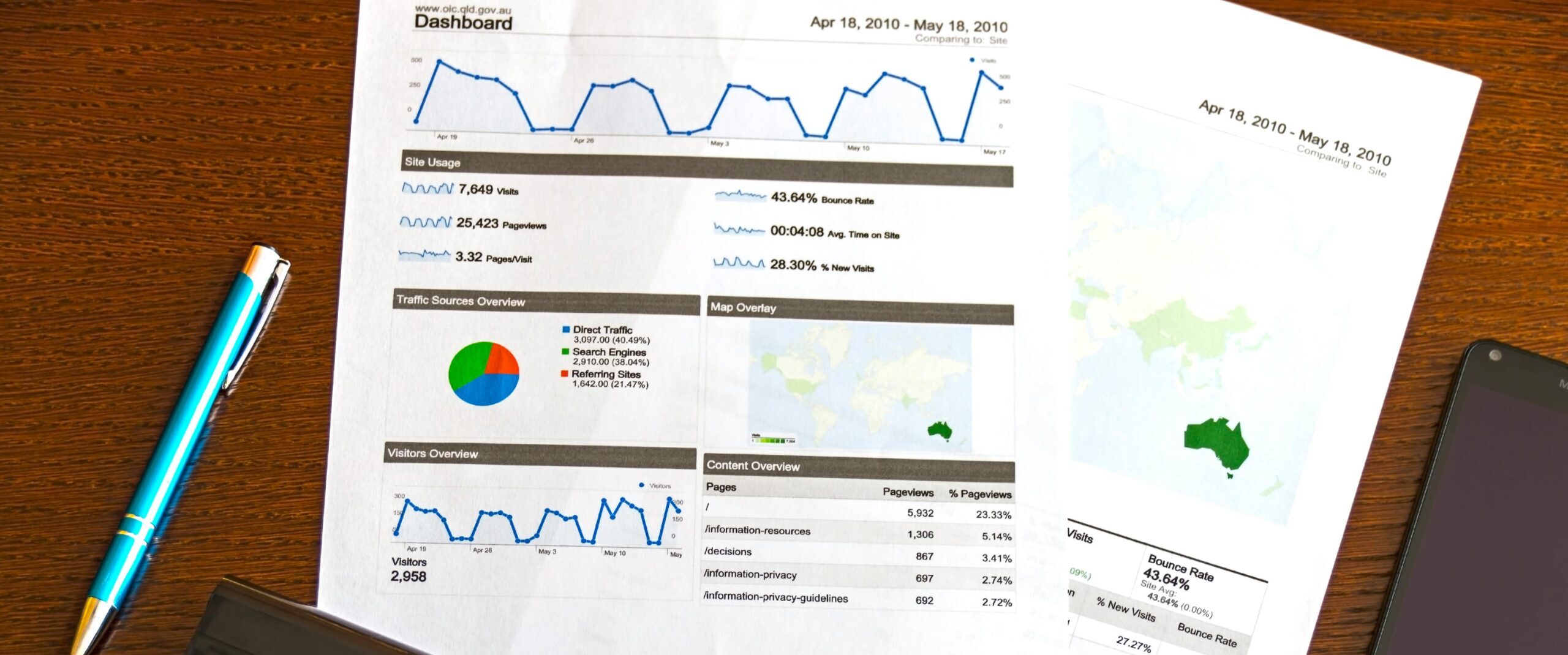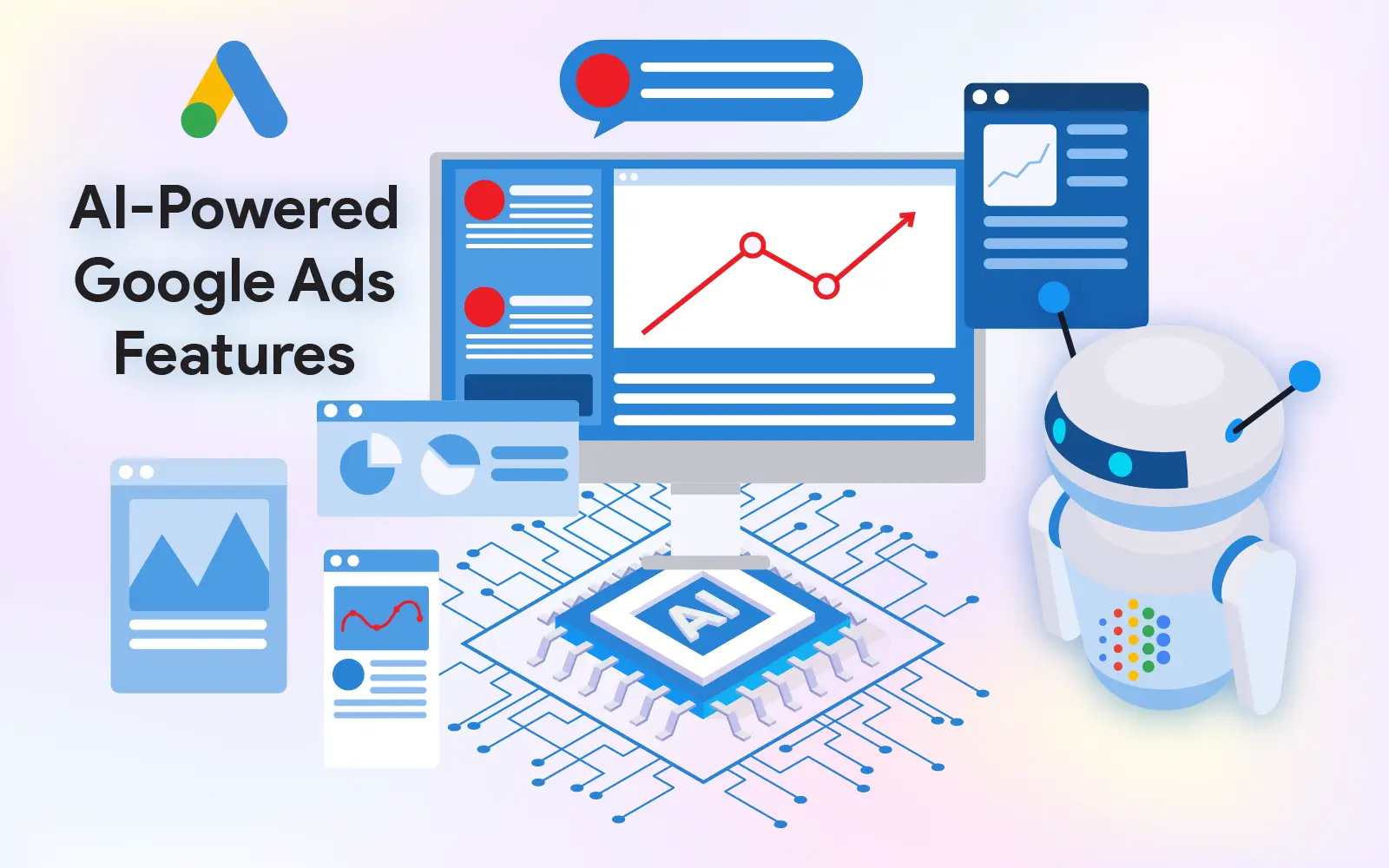
Why Every Marketer Should Embrace AI for Greater Efficiency
In today’s fast-paced digital landscape, marketers are continually seeking ways to enhance their strategies and improve efficiency. As technology evolves, artificial intelligence (AI) has emerged as a powerful tool that can revolutionize marketing practices. Embracing AI not only streamlines processes but also offers a myriad of benefits that can significantly enhance the effectiveness of marketing campaigns. Here’s why every marketer should seriously consider integrating AI into their strategy.1. Data-Driven Decision Making
In the age of big data, marketers are inundated with vast amounts of information. Traditional methods of analyzing this data can be time-consuming and often lead to delayed insights. AI algorithms excel at processing and analyzing large datasets in real-time, allowing marketers to make data-driven decisions quickly.
By leveraging AI tools, marketers can uncover valuable insights about customer behaviors, preferences, and trends. This enables them to tailor their marketing strategies based on actual consumer data rather than assumptions, leading to more effective campaigns and a higher return on investment (ROI).
2. Personalization at Scale
Personalization has become a cornerstone of successful marketing. Customers expect tailored experiences, and AI makes it easier to deliver this on a large scale. AI can analyze individual user data, such as browsing history, purchase patterns, and engagement metrics, to create personalized content, recommendations, and advertisements.
For instance, AI-powered tools can segment audiences into highly targeted groups, allowing marketers to deliver tailored messages that resonate with specific customer needs. This level of personalization not only improves customer satisfaction but also drives higher engagement rates and conversions.
3. Automating Repetitive Tasks
One of the most significant advantages of AI in marketing is its ability to automate repetitive tasks. From data entry to social media posting, many aspects of marketing can be time-consuming and tedious. AI can streamline these processes, freeing up valuable time for marketers to focus on strategy and creativity.
For example, AI chatbots can handle customer inquiries 24/7, providing immediate responses and freeing customer service teams to tackle more complex issues. Similarly, AI tools can automate email marketing campaigns, segmenting lists and optimizing send times for maximum impact. By automating these tasks, marketers can increase efficiency and productivity across their teams.
4. Predictive Analytics for Future Planning
Predictive analytics is one of the most exciting applications of AI in marketing. By analyzing historical data and identifying patterns, AI can forecast future trends and consumer behavior. This empowers marketers to make proactive decisions, optimizing campaigns based on what is likely to resonate with their audience.
For instance, AI can help predict which products will be popular in the coming months or identify potential churn risks among customers. Armed with these insights, marketers can adjust their strategies accordingly, ensuring they stay ahead of the competition and meet customer demands effectively.
5. Enhanced Customer Insights
Understanding the customer journey is vital for effective marketing. AI tools can provide deeper insights into how customers interact with brands across various touchpoints. By tracking user behavior, sentiment analysis, and engagement metrics, marketers can gain a holistic view of the customer experience.
These insights allow marketers to identify pain points in the customer journey and optimize their strategies accordingly. For example, if data shows that customers frequently abandon carts at a specific stage in the purchasing process, marketers can address the issue by simplifying the checkout process or providing additional incentives.
6. Improved Content Creation and Curation
Content is king in the digital marketing realm, and AI can enhance content creation and curation processes. AI-powered tools can analyze what types of content perform best, helping marketers create more engaging and relevant material.
Additionally, AI can assist in generating content ideas, optimizing headlines, and even writing basic articles or social media posts. By automating parts of the content creation process, marketers can focus on crafting higher-quality content that aligns with their brand voice and resonates with their audience.
7. Real-Time Marketing Adaptation
The digital marketing landscape is constantly evolving, with trends and consumer preferences changing rapidly. AI enables marketers to adapt in real time, ensuring that campaigns remain relevant and effective. By analyzing data as it comes in, AI can identify shifts in consumer behavior and allow marketers to pivot their strategies accordingly.
For instance, if a specific ad campaign is underperforming, AI can analyze the reasons behind this and suggest alternative approaches or modifications. This agility is crucial in today’s market, where a quick response can make all the difference.
8. Cost Efficiency and Budget Management
Implementing AI solutions can also lead to significant cost savings for marketing teams. By automating processes, marketers can reduce labor costs and minimize human errors. AI can optimize budget allocation across various channels, ensuring that resources are directed toward the most effective strategies.
Furthermore, AI-driven tools can help marketers identify the best-performing campaigns and cut down on spending for underperforming ones. This level of financial insight allows for smarter budget management and maximizes overall marketing ROI.
9. Competitive Advantage
In a world where businesses are constantly vying for attention, utilizing AI can provide a significant competitive edge. Companies that adopt AI-driven marketing strategies are often able to outpace their competitors in terms of efficiency, personalization, and customer engagement.
By staying ahead of technological trends and leveraging the power of AI, marketers can innovate their approaches and deliver exceptional value to their customers. As more businesses recognize the benefits of AI, those who embrace it early will position themselves as industry leaders.
Conclusion
The integration of AI into marketing strategies is no longer a luxury; it has become a necessity for those looking to thrive in today’s digital landscape. By harnessing the power of AI, marketers can enhance efficiency, improve personalization, and make data-driven decisions that lead to successful campaigns.
As AI technology continues to evolve, the opportunities for marketers are boundless. Embracing AI not only streamlines processes but also transforms the way marketers connect with their audiences, ultimately driving growth and success in an increasingly competitive market. The time to embrace AI is now—those who do will undoubtedly reap the benefits of greater efficiency and effectiveness in their marketing efforts.




